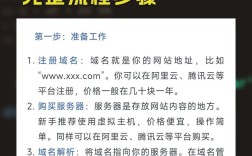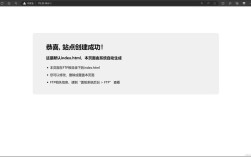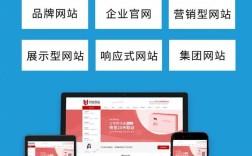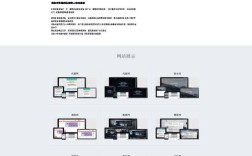搭建美甲网站源码需要结合前端技术、后端架构和数据库设计,同时考虑用户体验和功能扩展性,以下是详细的搭建步骤和技术要点,涵盖从需求分析到代码实现的全流程。
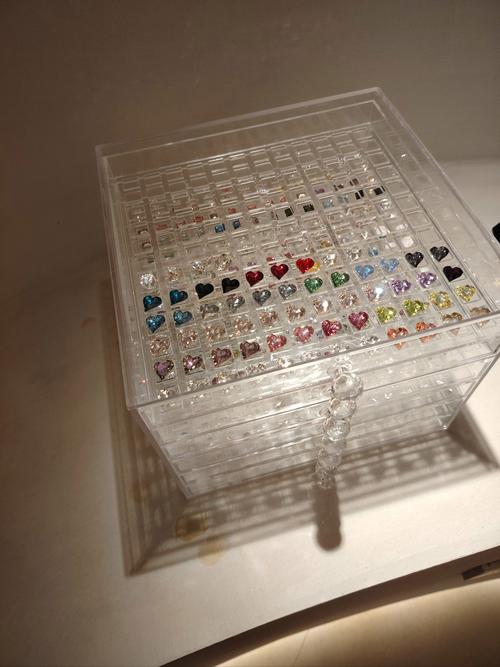
需求分析与规划
在搭建美甲网站前,需明确核心功能,包括:
- 用户模块:注册、登录、个人信息管理(如偏好风格、历史预约记录)。
- 作品展示:美甲案例图库,支持分类(如法式、渐变、贴片)、标签筛选和详情页。
- 预约系统:在线选择服务项目、技师、时间段,生成订单并支持支付,管理**:后台管理系统,支持案例上传、分类管理、订单处理等。
- 响应式设计:适配PC、平板和手机端,确保多设备兼容性。
技术栈选择
| 模块 | 推荐技术 |
|---|---|
| 前端 | HTML5 + CSS3 + JavaScript(框架:React/Vue,UI库:Ant Design/Element UI) |
| 后端 | Node.js(Express/Koa)或 Python(Django/Flask),PHP(Laravel) |
| 数据库 | MySQL(关系型)或 MongoDB(非关系型),存储用户数据、订单、案例等 |
| 服务器 | Nginx(反向代理)、PM2(Node.js进程管理)或 Docker(容器化部署) |
| 支付接口 | 微信支付、支付宝SDK,集成第三方服务如Ping++ |
核心功能实现代码示例
用户注册与登录(Node.js + Express)
// 路由文件:routes/auth.js
const express = require('express');
const bcrypt = require('bcryptjs');
const jwt = require('jsonwebtoken');
const User = require('../models/User');
const router = express.Router();
// 注册
router.post('/register', async (req, res) => {
const { username, password, email } = req.body;
const hashedPassword = await bcrypt.hash(password, 10);
const user = new User({ username, password: hashedPassword, email });
await user.save();
res.status(201).json({ message: '注册成功' });
});
// 登录
router.post('/login', async (req, res) => {
const { username, password } = req.body;
const user = await User.findOne({ username });
if (!user || !(await bcrypt.compare(password, user.password))) {
return res.status(401).json({ message: '用户名或密码错误' });
}
const token = jwt.sign({ id: user._id }, 'secret', { expiresIn: '1h' });
res.json({ token });
});
module.exports = router;
案例展示与分类(前端Vue组件)
<template>
<div>
<div class="filters">
<select v-model="selectedCategory">
<option value="">全部分类</option>
<option v-for="cat in categories" :key="cat.id" :value="cat.id">{{ cat.name }}</option>
</select>
</div>
<div class="gallery">
<div v-for="nail in filteredNails" :key="nail.id" class="nail-card">
<img :src="nail.image" :alt="nail.title">
<h3>{{ nail.title }}</h3>
<p>{{ nail.description }}</p>
</div>
</div>
</div>
</template>
<script>
export default {
data() {
return {
nails: [], // 从API获取的案例数据
categories: [], // 分类列表
selectedCategory: ''
};
},
computed: {
filteredNails() {
return this.selectedCategory
? this.nails.filter(nail => nail.categoryId === this.selectedCategory)
: this.nails;
}
},
mounted() {
// 模拟API请求
this.nails = [
{ id: 1, title: '法式美甲', categoryId: 1, image: '/images/french.jpg' },
{ id: 2, title: '渐变美甲', categoryId: 2, image: '/images/gradient.jpg' }
];
this.categories = [
{ id: 1, name: '法式' },
{ id: 2, name: '渐变' }
];
}
};
</script>
预约系统(后端订单处理)
// 路由文件:routes/appointments.js
const Appointment = require('../models/Appointment');
router.post('/book', async (req, res) => {
const { userId, serviceId, date, time } = req.body;
const appointment = new Appointment({ userId, serviceId, date, time });
await appointment.save();
res.json({ message: '预约成功', appointmentId: appointment._id });
});
router.get('/user/:userId', async (req, res) => {
const appointments = await Appointment.find({ userId: req.params.userId });
res.json(appointments);
});
数据库设计
用户表(users)
| 字段名 | 类型 | 描述 |
|---|---|---|
| id | ObjectId | 主键 |
| username | String | 用户名(唯一) |
| password | String | 加密后的密码 |
| String | 邮箱 | |
| phone | String | 联系电话 |
| preferences | JSON | 偏好风格(如颜色、款式) |
案例表(nail_art)
| 字段名 | 类型 | 描述 |
|---|---|---|
| id | ObjectId | 主键 |
| image | String | 图片URL |
| categoryId | ObjectId | 分类ID(关联分类表) |
| tags | Array | 标签(如“日常”、“节日”) |
部署与优化
- 部署:使用Docker容器化应用,通过Nginx配置反向代理,将静态资源托管至CDN。
- 性能优化:
- 图片压缩:使用Sharp库处理案例图片,生成不同尺寸(如缩略图、原图)。
- 缓存策略:Redis缓存热点数据(如首页案例列表),减少数据库查询。
- 安全措施:
- HTTPS加密:配置SSL证书,确保数据传输安全。
- 防SQL注入:使用ORM(如Mongoose)或参数化查询。
相关问答FAQs
Q1: 如何实现美甲案例的图片上传功能?
A1: 可采用前端上传(如Vue的axios)+ 后端存储(如阿里云OSS)的方案,前端通过FormData上传图片,后端使用Multer中间件处理文件,生成唯一文件名后存储至云存储,并将URL保存至数据库。
Q2: 网站如何适配移动端?
A2: 使用响应式设计框架(如Bootstrap)或CSS媒体查询,针对不同屏幕尺寸调整布局,在移动端将案例图库从网格布局改为单列列表,并优化按钮点击区域大小。



